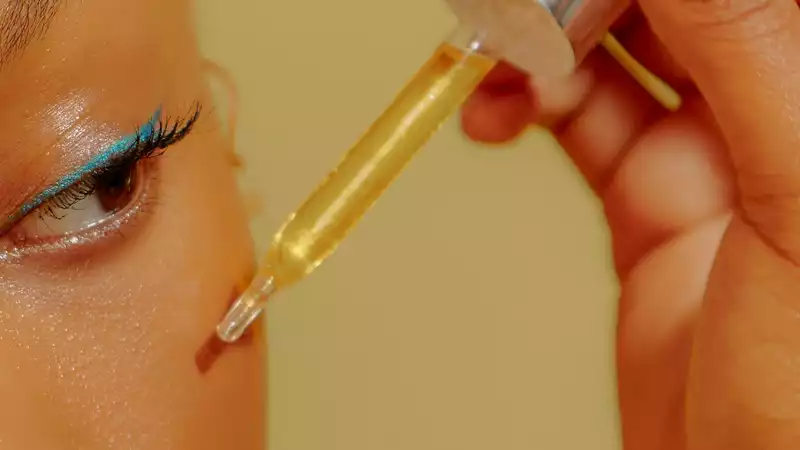
Argan Oil on Skin: Overview
Argan oil is one of those magical ingredients you see in every skin care product and in every skin care article. We're changing that. Josie Maran, founder of cult-favorite Josie Maran Cosmetics, which uses argan oil as a key ingredient in all its products, and Patricia Wexler, M.D., a New York dermatologist, explain what you should know about argan oil and what it can do for your and what it can do for your skin.
All face oils have different formulations, weights, and absorption rates, and some are better suited to certain skin types and concerns than others. For example, castor oil and grapeseed oil reduce excess oil in acne-prone skin, while coconut oil and avocado oil act as incredibly rich moisturizers for dry skin.
Argan oil is neither too heavy nor too light, but somewhere in between, and can be used for all skin types. Argan oil is rich in omega fatty acids, vitamin E, and linoleic acid, all of which lightly moisturize the skin, soothe dry patches, and help reduce acne. It is essentially a natural protective, nourishing superfood for your skin," Malan says."
Applying plenty of oil to oily, acne-prone skin is actually a good thing, says Dr. Wexler. In many cases, breakouts occur not because the skin is oily by nature, but because the skin barrier has been dried out, damaged, and inflamed by the use of harsh acne products. That damaged skin barrier overcompensates by secreting more oil, which clogs pores and triggers breakouts. Argan oil, however, helps break this cycle.
The vitamin E in argan oil not only acts as an anti-inflammatory agent for red, reactive skin, but also "helps control oil secretion in the skin by balancing sebum levels, so breakouts are less likely to occur and irritation is less likely than before," says Dr. Wexler. In addition, the natural antioxidants in argan oil are known to help soothe eczema and fade scars. Now you know why everyone loves argan oil, don't you?
Well, technically, anything can clog pores. But unlike highly comedogenic oils like coconut oil and olive oil, which are used to mean "pore-clogging," argan oil is on the less dangerous end of the spectrum.
In fact, argan oil has a zero rating out of five on the comedogenicity scale (open in new tab). Believe it or not, this is more than most other ingredients currently found in face creams and cosmetics.
To clarify a major skin care myth, oil is not a moisturizer. Oil is considered an "occlusive," a fancy word that basically means it acts like a barrier to keep moisture from evaporating from your skin (kind of like how foil keeps your food warm). Therefore, it is best to apply oil to slightly damp skin to lock in moisture in the pores, or massage over moisturizer to lock in all of the moisturizing ingredients.
[16] Argan oil is relatively lightweight, so it blends into the skin and is absorbed quickly. If you are worried about shine during the day, try applying the oil after washing your face at night. Sure, you might leave a trace of oil on your pillowcase (light-colored linens are recommended), but it's worth it for a bottle of this lightweight miracle that hydrates, nourishes, softens, fights acne, and fades scars.Argan oil is so powerful that it is used in all kinds of skin care products, from oil-based cleansers to moisturizers and even lip balms. Here are a few of our favorites.

Comments